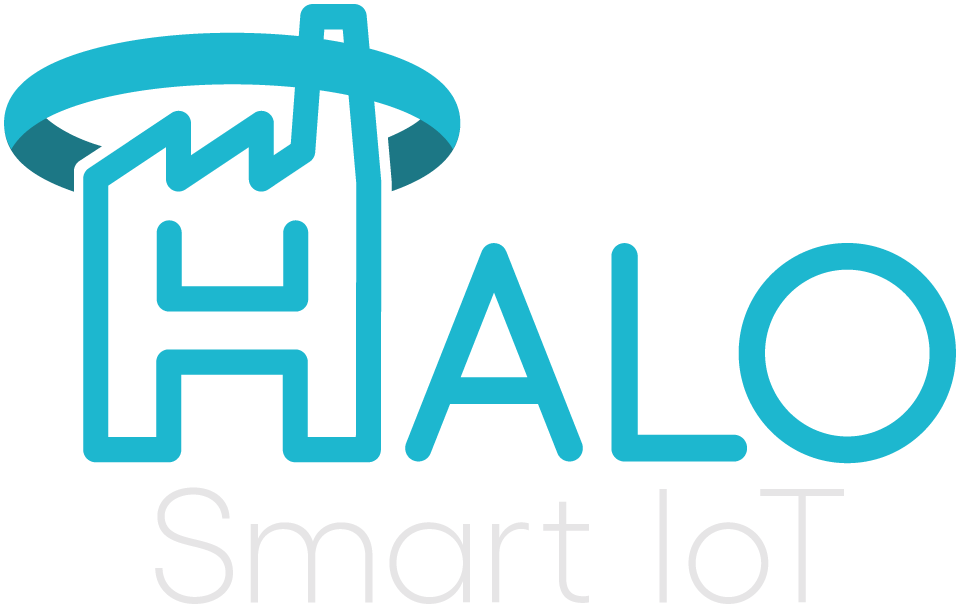Case study – 350 residential properties
In 2020, our company embarked on an ambitious collaboration with the local authority in Denbigh, Wales, aimed at improving energy efficiency in 350 residential homes. This initiative was part of the government’s wider commitment to achieving net-zero carbon emissions, with a specific focus on enhancing the environmental performance of homes. The project sought to monitor the performance of existing loft insulation, assess energy usage, and identify potential cost savings, all while ensuring a safe and healthy living environment for residents.
Monitoring Energy Efficiency and Environmental Factors
A core aspect of this project was the assessment of loft insulation, which plays a vital role in energy conservation by preventing heat loss. With the aim of improving energy efficiency, the project involved comprehensive monitoring of key factors such as CO2, temperature, and humidity levels, both before and after property renovations. The data gathered would help Denbigh Council evaluate the effectiveness of insulation upgrades, ensuring that they provided tangible benefits to residents in terms of both energy savings and comfort.
The initiative also went beyond just measuring energy consumption. The council was committed to safeguarding residents’ health by creating a safe environment with adequate ventilation. This aspect was crucial, particularly given the increased awareness of indoor air quality’s impact on health and well-being. High CO2 levels and excessive humidity can create conditions conducive to mould growth and poor air quality, which are significant risks to residents’ health. Thus, monitoring these factors was vital for identifying potential issues early and ensuring that residents lived in a healthy and comfortable space.
The Halo Smart IoT Solution
To address the project’s needs, our company deployed Halo Smart IoT devices across all 350 homes, equipped with the latest technology to collect accurate, real-time data. This system included temperature, CO2, and humidity sensors, each with electronic displays placed in the living rooms. These sensors provided immediate feedback, allowing residents and property managers to monitor the conditions in their homes effectively.
In addition to the sensors placed inside the properties, we installed temperature and humidity sensors in the lofts and on the outside air to get a full picture of the property’s energy performance and external environmental factors. This dual approach provided a comprehensive understanding of how different variables affected energy usage and indoor air quality.
Each property was also equipped with a Halo Smart IoT Gateway and an energy meter, which enabled the monitoring of energy consumption and solar panel efficiency. This real-time energy data offered the council valuable insights into how energy was being used across the homes, highlighting areas where improvements could be made to reduce energy waste and costs. The energy meter also tracked the effectiveness of solar panels, allowing for better energy management and the identification of properties that could benefit from further solar investment.
Data Management with Simaxx Analytics
To efficiently manage the vast amounts of data generated by the IoT devices, we implemented Simaxx Analytics software, a robust solution tailored specifically to the needs of Denbigh Council. The Simaxx system enabled the council to monitor and analyse property conditions comprehensively. By collecting and processing data from all the installed sensors, Simaxx provided real-time insights into the state of each home, empowering property managers to make informed decisions regarding maintenance and energy improvements.
One of the standout features of the system was its ability to identify areas requiring maintenance or at risk of developing issues such as damp or mould. Damp conditions are a significant concern for social housing and can lead to long-term damage and health problems for residents. With the data collected by Simaxx, the council could act proactively to prevent these issues before they became serious, ensuring the properties remained safe and habitable.
Additionally, Simaxx helped the council identify potential health risks for tenants, such as low ventilation leading to high CO2 levels. By flagging these concerns in real-time, the system allowed for immediate corrective actions to maintain healthy indoor environments for residents.
Empowering the Council and Improving Residents’ Well-being
The successful implementation of the Halo Smart IoT system has empowered Denbigh Council to manage its housing stock more effectively and efficiently. With continuous monitoring and detailed analytics, the council now has the tools to optimise energy efficiency, reduce costs, and ensure the well-being of residents. The system has not only contributed to the government’s net-zero initiative but also helped create safer, healthier homes for some of the most vulnerable members of the community.
This project has proven to be a model of how IoT technology can transform the management of social housing, ensuring that both environmental and health factors are prioritised. It stands as a testament to the power of smart technology in solving some of the most pressing challenges in housing and energy efficiency.
Looking Ahead
As the need for sustainable, energy-efficient housing continues to grow, our team remains dedicated to offering tailored IoT solutions to local authorities and housing providers across the UK. Whether it’s optimising energy usage, ensuring indoor air quality, or addressing health concerns, our expert guidance and installation services are designed to meet the specific needs of every project.
For more information on how our solutions can help improve the energy efficiency of your properties and create healthier environments for your residents, don’t hesitate to get in touch with our team today. Together, we can work towards a greener, more sustainable future.
